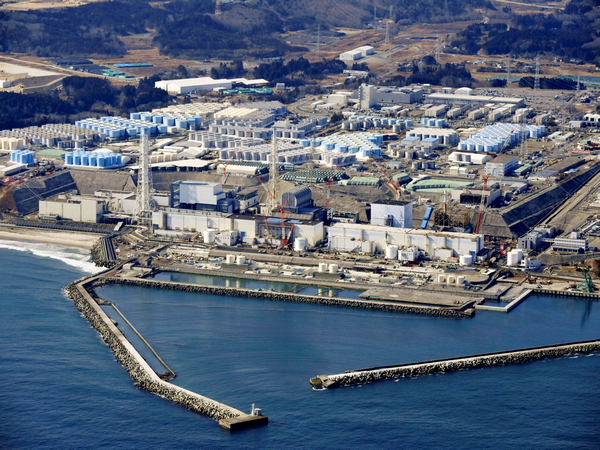

Fukushima’s mothers have become radiation experts to protect their children as the Japanese government gets ready to transfer cleaned water from the crippled Fukushima Daiichi nuclear plant later this summer, according to Kyodo News.
A charity organisation in Fukushima Prefecture, comprising 13 members, many of whom are mothers testing the radioactivity in fish and seawater.
With no prior experience in taking scientific measurements, the group is driven by serious concerns over how the discharge of radioactive water into the Pacific Ocean might affect the environment and children’s health.
Learning the monitoring techniques from experts, they continue to fine-tune their operation, Kyodo News reported.
“Unless we gather data now, we won’t know if there is any impact after the release,” a member of the NPO said.
“We need to take accurate measurements now to eliminate our concerns about the effects on growing children,” they added.
Called “Mothers’ Radiation Lab Fukushima”, the organisation named Tarachine was founded in the prefectural city of Iwaki in November 2011, eight months after the nuclear accident caused by the devastating earthquake and tsunami that slammed Japan’s northeastern coast on March 11 of the same year, Kyodo News reported.
According to the NPO, the word Tarachine comes from the Manyoshu, Japan’s oldest selection of poetry, and means mother or someone who fights to protect her children.
The group began by measuring homegrown vegetables, rice and soil brought in by citizens concerned about radioactive contamination.
Tarachine found “hot spots” with localized high radiation levels in city parks and informed the prefectural government, leading to decontamination work.
Much of its 100 million yen (USD 700,000) operating budget is covered by donations.
Since September 2015, Tarachine has obtained water and fish samples for measurements from the sea off the Fukushima Daiichi plant two to four times a year. It has so far found no tritium.
Kyodo News reported that Tokyo Electric Power Company Holdings Inc. uses an advanced liquid processing system that removes radionuclides, but tritium will remain as it is difficult to eradicate.